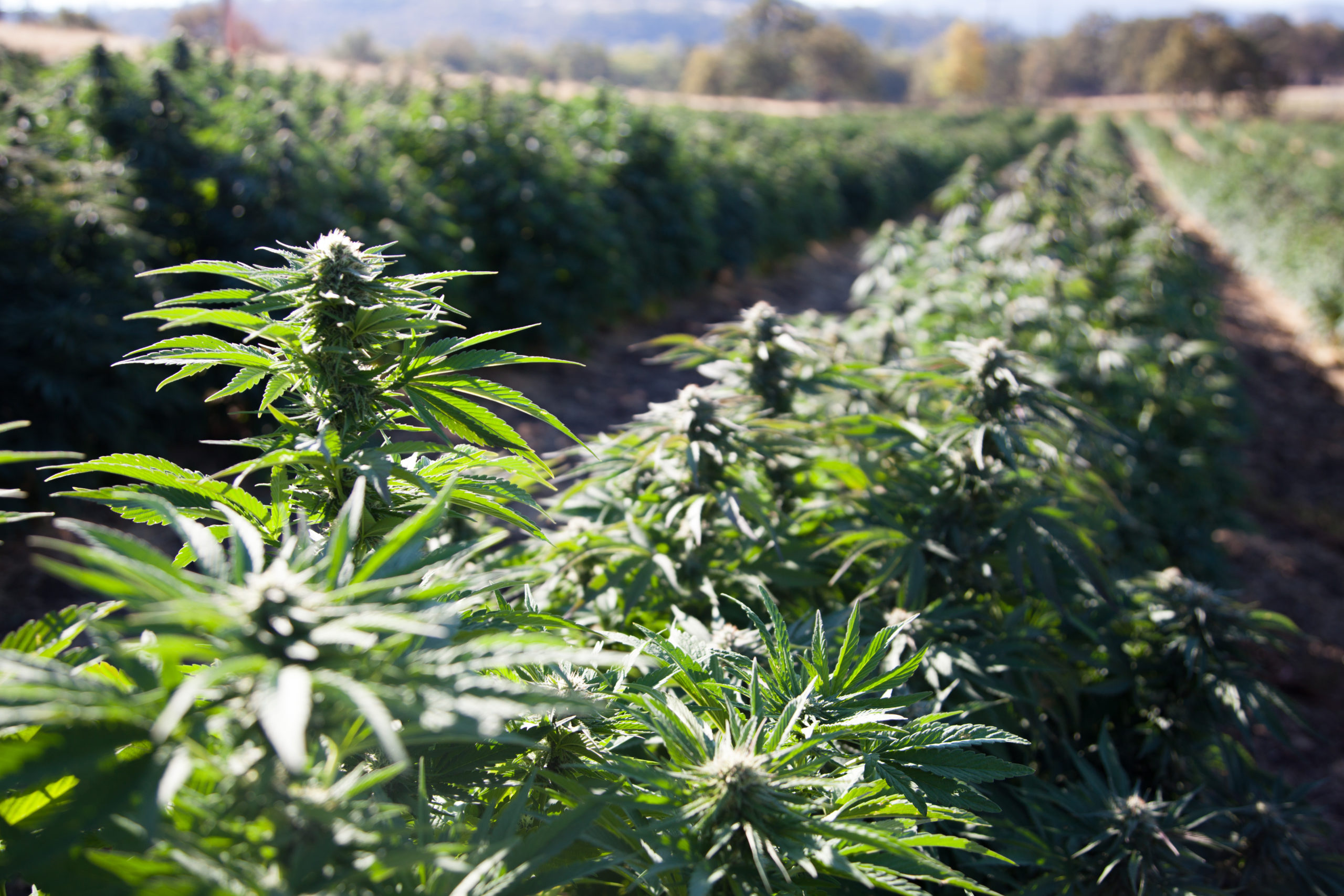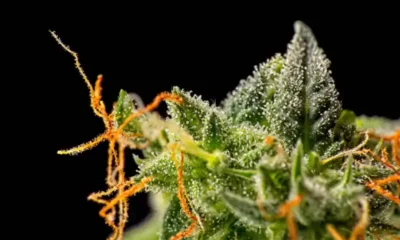Connect with us
Published
2 years agoon
By
Tyler Shultz
A group of documentary filmmakers traveled to Pennsylvania to interview hemp farmers as part of a documentary series about industrial hemp.
One Plant is a documentary series focusing on the hemp plant and its multitude of uses through a six-part series that will explore The Plant, Climate, Medicine, Industry, Food and The Future, taking viewers on a journey through the history of the cannabis plant and how it can be used to help society as well as save the planet through a reversal of greenhouse gasses.
The film is produced by Sunflower, a video production agency based in Chattanooga, Tenn., as well as the numerous collaborators featured in the project including farmers, activists, brands, podcast hosts and business owners who believe hemp can have a major impact on society and affect numerous industries.
The filmmakers stopped at Cedar Meadow Farm in Holtwood, Lancaster County, where they spoke with Steve Goff who has been growing hemp since 2019. The crew also staged a reenactment of a colonial hemp harvest to pay homage to the rich history of the plant in the state, dating back to colonial times when hemp was grown for rope, textiles, animal feed and medicines. The reenactment took place at the Stroud Water Research Center, which is studying hemp’s impact on soil and water health.
Cameraman Garret Henderson-Black, who knew nothing about hemp before starting this project, said he is impressed with the potential of the crop but is alarmed by what hemp farmers have to go through. He hopes the film series can demystify and destigmatize the plant and leads to greater acceptance of the crop.
“It’s just a crop like any other crop with a ton of uses. And it’s kind of insane that you have to jump through so many hoops just to grow it,” he said.
The film crew is set to travel through Pennsylvania again on their way back to Tennessee, after stopping in Washington D.C. to speak with a hemp industry lobbyist and a trip to Mount Vernon, where George Washington grew hemp in the 1800s.
To further demonstrate the capabilities of the hemp plant, a Pennsylvania-based organization, DON Services, Inc., helped create the state’s first-ever home created with hemp-based materials using a process called decortication, which extracts fiber and hurd from the hemp plant. The hemp is then used to create HempLime, a combination of hemp hurd, sand and agricultural lime. HempLime was used in the flooring, insulation and wood siding of the “PA Hemp Home.” The material is naturally flame retardant and anti-microbial, in addition to being a full-cycle product, nourishing the soil after being torn down or removed from buildings.
A newly-developed alternative to steel made of hemp has also shown promise as a low-cost building material that can also cut carbon emissions. Researchers at the Rensselaer Polytechnic Institute (RPI) have developed a rebar alternative made from an intertwined natural hemp fiber encased in thermoplastic that can help support concrete structures. The research team believes the hemp-based rebar could rival traditional steel rebar in addition to being able to reduce construction time.
The hemp plant as a whole has been discussed as a building material that can help grow the sustainable building industry. President of the U.S. Hemp Building Association said using hemp can provide options that are more sustainable and better for the environment.
“By utilizing an agricultural product for our materials, we are trapping carbon absorbed during the growth of the plant and preserving it in the building,” said Waddell. “Hempcrete provides a fire-resistant option that could prevent the total loss of homes that is occurring on an almost annual basis in some places.”


Despite City Efforts, Hemp Shops Posing as Dispensaries Prevail in Las Vegas


Cannabis Community, Investors React to DEA Decision To Reschedule


Georgia Governor Signs Bill Establishing Licensing Requirements To Grow Hemp


Study: Psilocybin Enhances Meditation


Ohio GOP Lawmakers Debate Adult-Use MJ Priorities, Eye June for Regulation Approval


Taylor Swift Puts Narcotics Into All of Her Songs on ‘The Tortured Poets Department’
